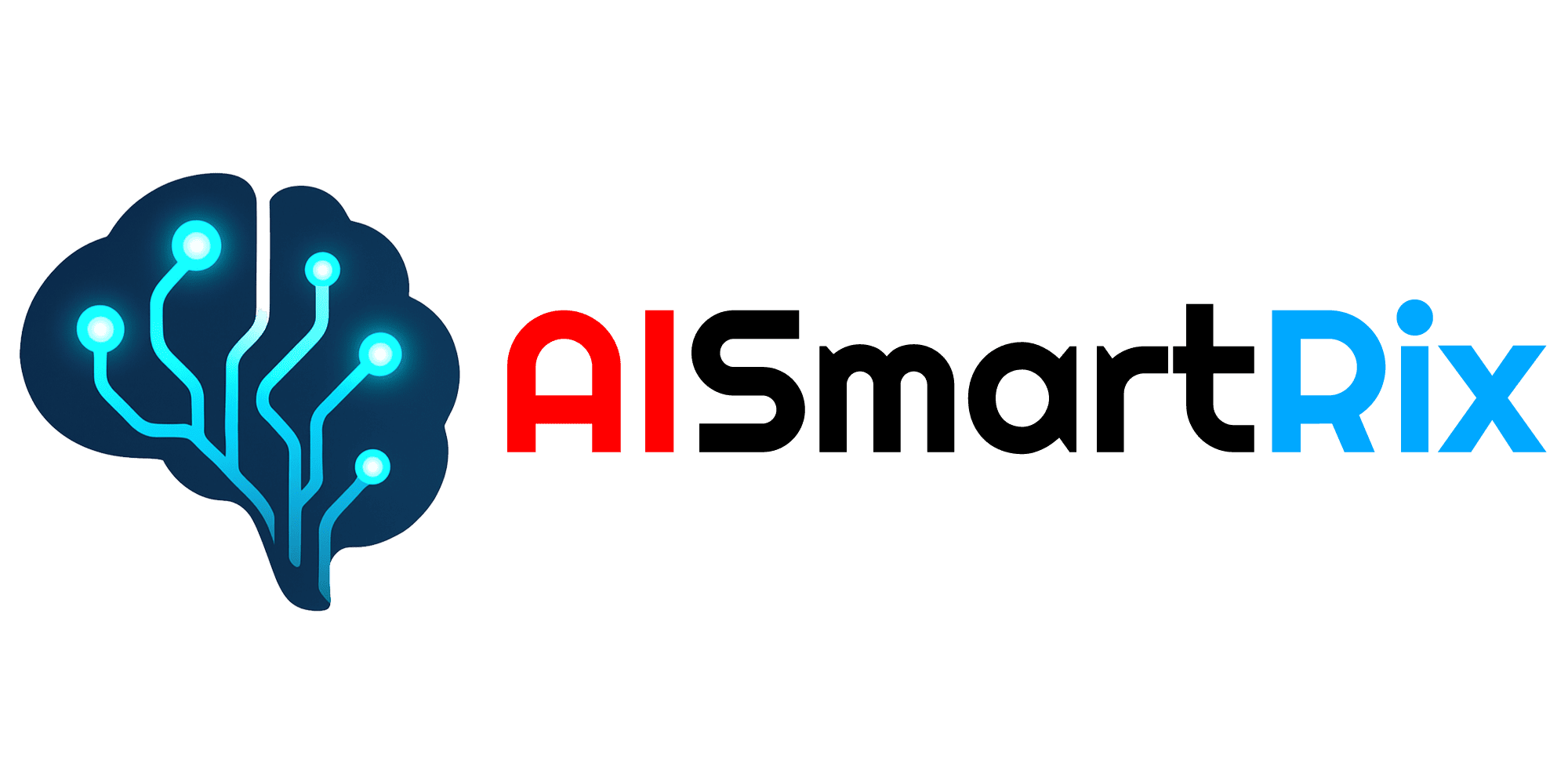In a world increasingly vulnerable to natural disasters, earthquakes remain among the most unpredictable and devastating phenomena. They strike with little to no warning, causing immense destruction and loss of life. But what if artificial intelligence (AI) could change that? Can AI really sense the next big one before it happens? Let’s dive deep into how cutting-edge technologies are reshaping earthquake prediction—and separating hope from hype.
🌍 Why Earthquake Prediction Is So Challenging
Traditional seismology relies on monitoring tectonic plate movements, fault stress build-up, and aftershock patterns. While scientists can identify high-risk zones, they’ve long struggled to predict the exact time, location, and magnitude of earthquakes. This uncertainty makes proactive evacuation or preparedness nearly impossible.
One of the main challenges is the complex and chaotic nature of seismic activity. Earthquakes don’t follow easily predictable patterns. Small tremors can precede major quakes—or result in nothing at all. The margin of error in conventional models is simply too large to rely on.
🤖 How AI Is Entering the Picture
AI and machine learning models are now being trained to detect subtle signals that traditional methods might overlook. These systems process massive datasets from seismographs, satellite imagery, underground sensors, and even animal behavior reports. The goal is to find hidden correlations and patterns that precede major seismic events.
Some key applications of AI in earthquake prediction include:
- Analyzing Seismic Noise: AI can filter through background seismic noise to detect minor tremors or low-frequency signals that might indicate fault activity.
- Real-Time Monitoring: AI models can continuously learn from incoming data, offering up-to-the-minute assessments of potential quake threats.
- Pattern Recognition: Deep learning models can detect repeating sequences of small quakes (also known as seismic swarms) that could be precursors to larger events.
- Cross-Referencing Diverse Data: AI integrates non-seismic data—like water table levels, ground deformation, and even human social media posts—to broaden predictive models.
🔍 Case Studies and Breakthroughs
1. Stanford and Google’s DeepQuake Project
This initiative used AI to analyze seismic data from earthquake-prone regions. The system identified microquakes undetected by human analysts, contributing to better fault monitoring and early warnings.
2. Japan’s Earthquake Early Warning System
Japan has long been at the forefront of seismic research. By combining AI with its extensive network of sensors, it has improved alert speed and accuracy—delivering warnings seconds before a quake hits, enough to stop trains and notify citizens.
3. NASA’s Satellite-Based AI Models
NASA is experimenting with AI to study surface deformation patterns via satellite. This can help in identifying stress points along fault lines before they rupture.
🧠 Can AI Predict Earthquakes with 100% Accuracy?
Not yet. While AI significantly improves detection and pattern analysis, earthquake prediction is still not an exact science. False positives and missed events remain challenges. Most experts agree that while AI won’t make us omniscient, it can enhance early warning systems, improve risk assessments, and speed up emergency response.
The real value lies in probability forecasting, not perfect prediction.
🛡️ The Future of AI-Driven Earthquake Preparedness
We may not be able to stop earthquakes, but we can become far better prepared. AI is already making buildings smarter, alert systems faster, and data interpretation more insightful. Some cities are testing automated protocols—like shutting down power grids or opening fire station doors automatically at the first AI-detected sign of tremor activity.
Emerging startups are also working on AI-powered wearables that can detect early tremors and send instant alerts to users’ phones.
🔚 Conclusion: Hope on the Horizon
AI might not yet “sense” the next big one with pinpoint accuracy—but it’s closing the gap between uncertainty and actionable insight. In the coming years, AI could become humanity’s strongest ally in staying one step ahead of nature’s deadliest surprises.
❓ What Do You Think?
Do you believe AI will eventually predict earthquakes accurately—or is the science still too far away? Share your thoughts in the comments below!





